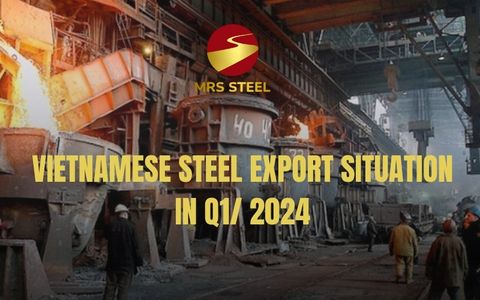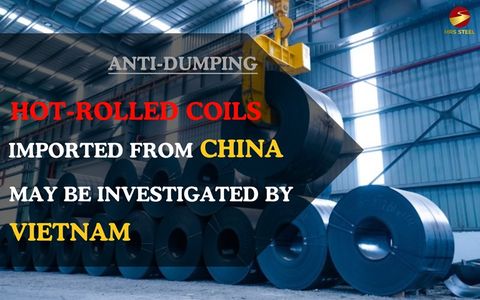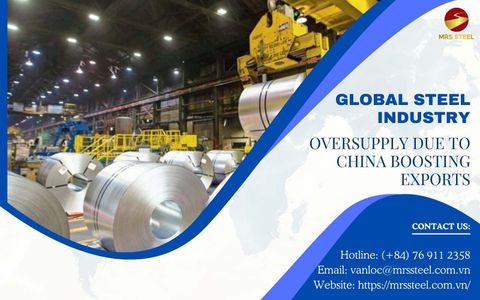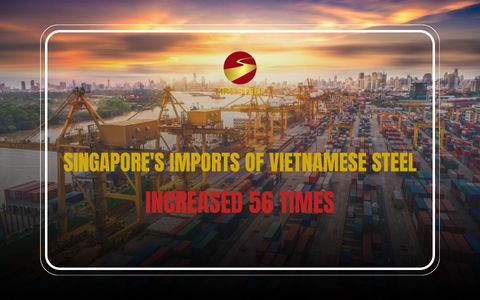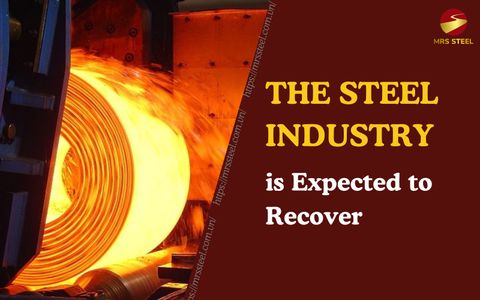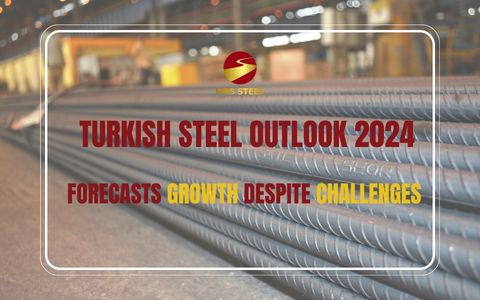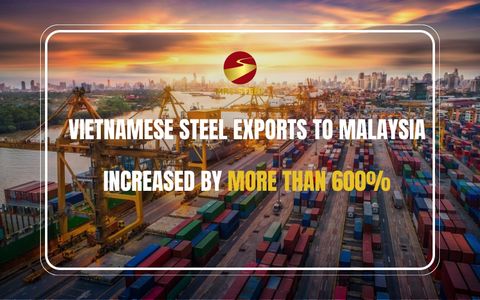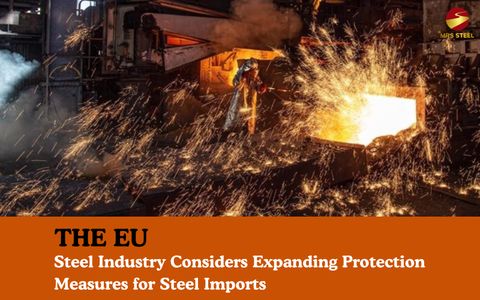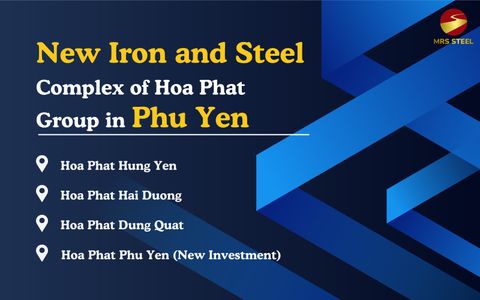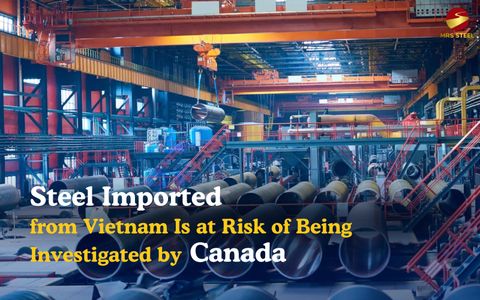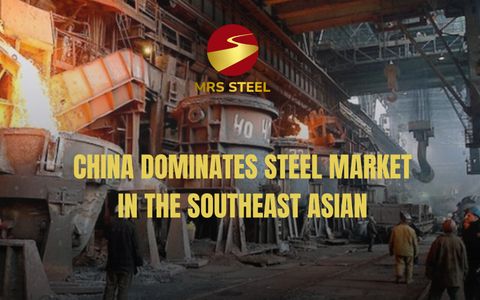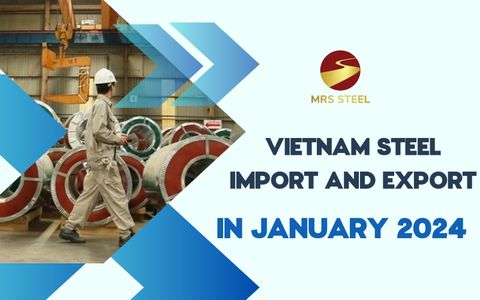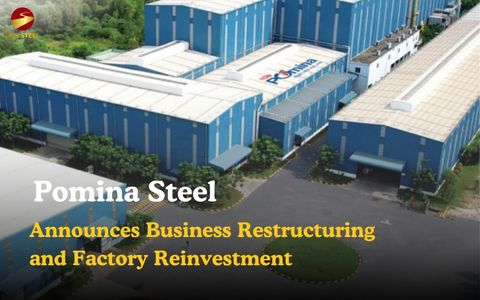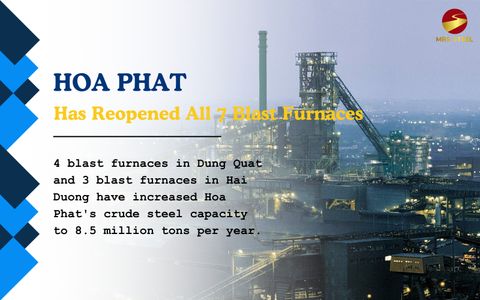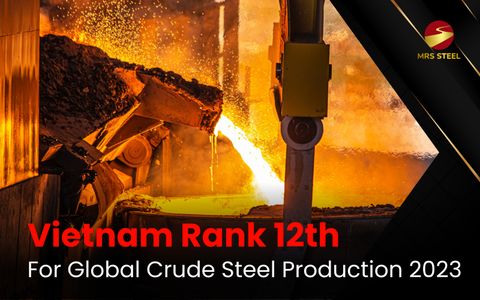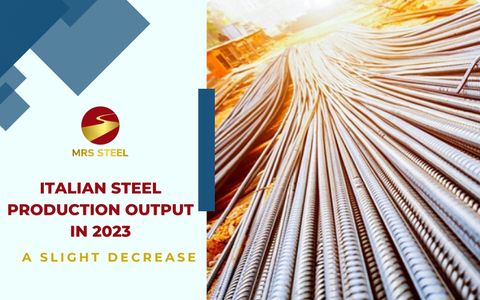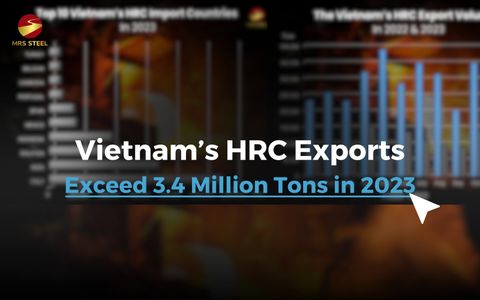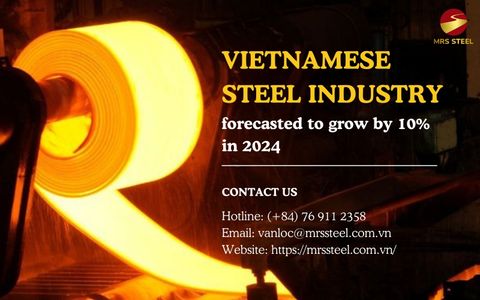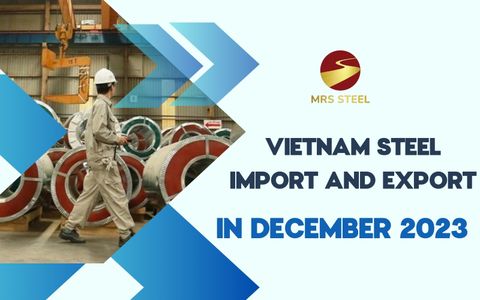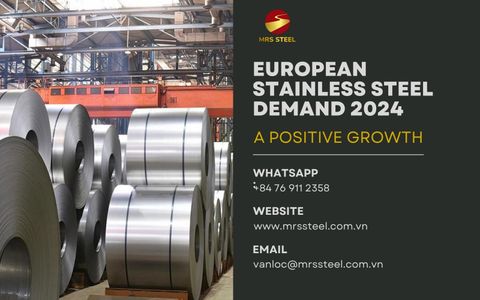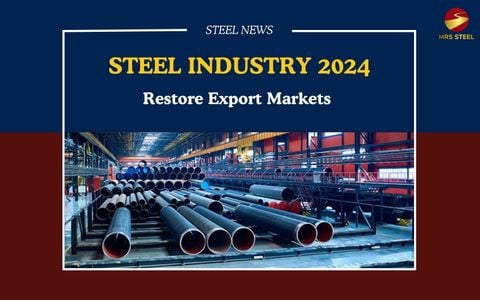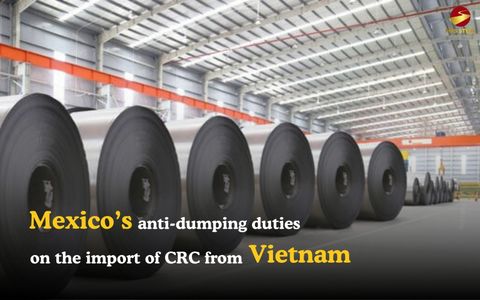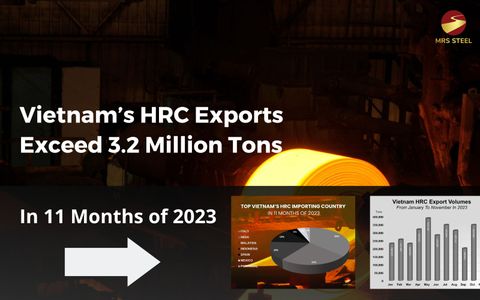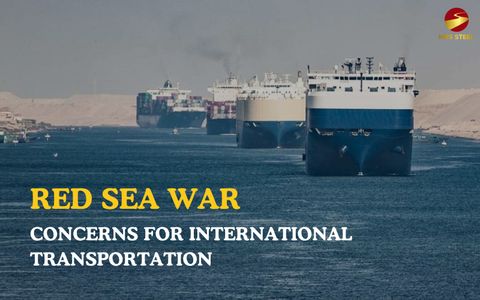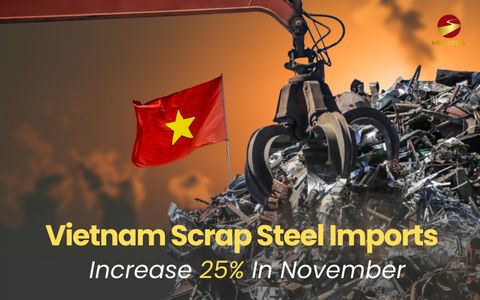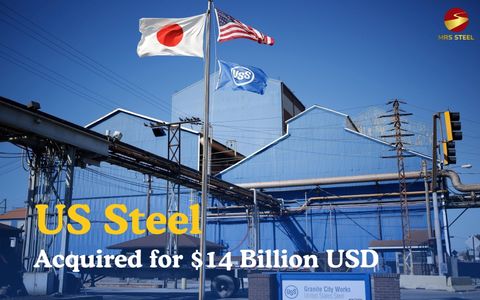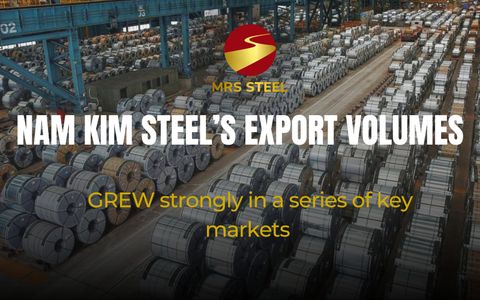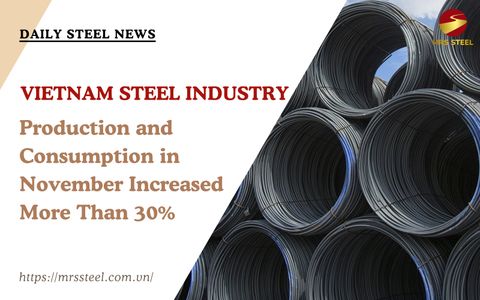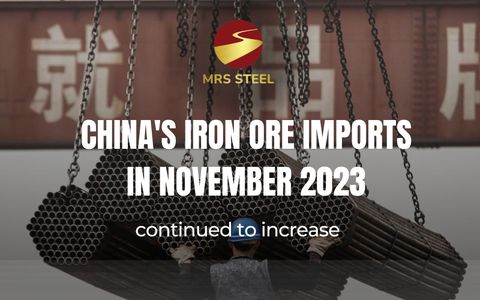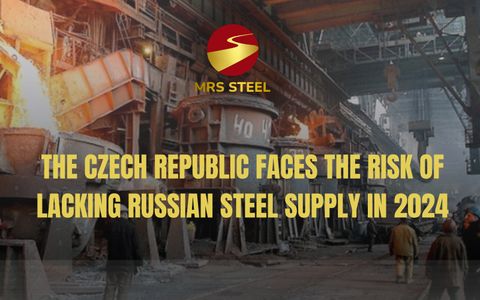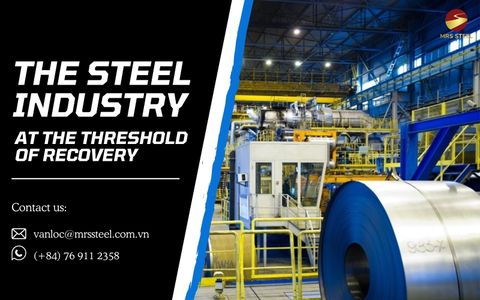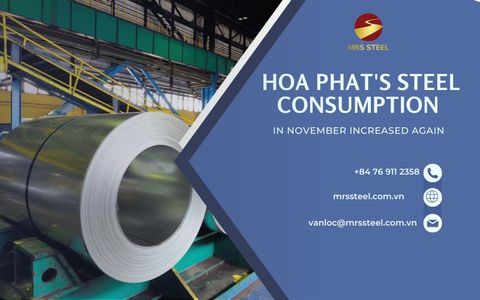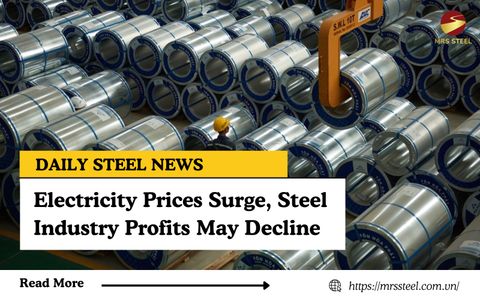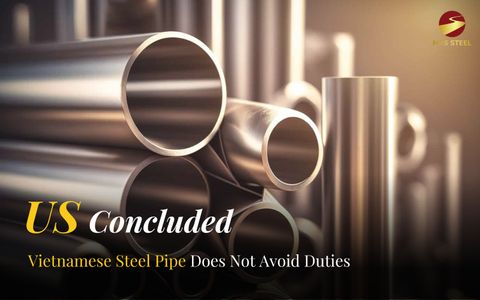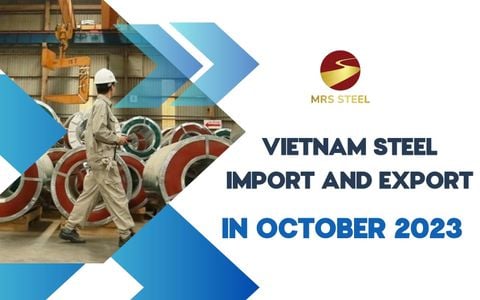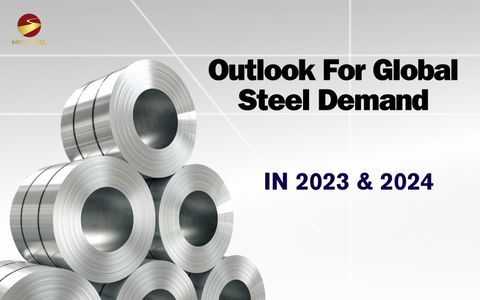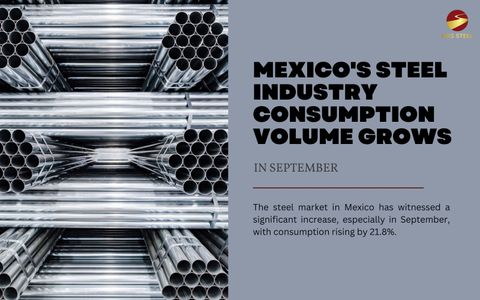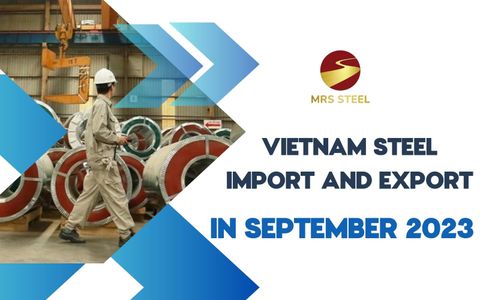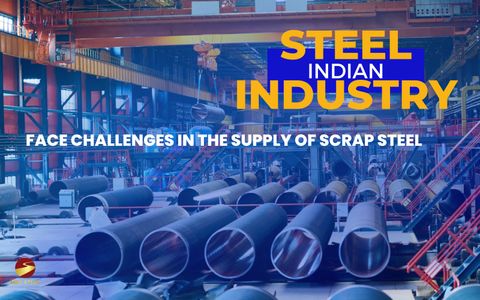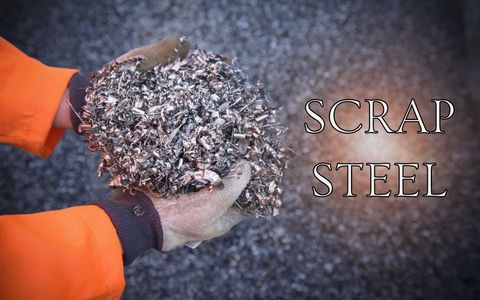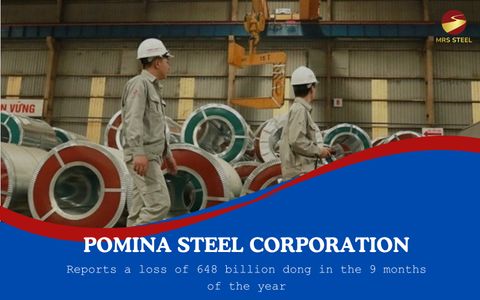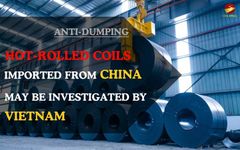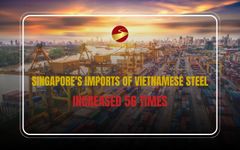Turkey aims to lead the EU in steel production
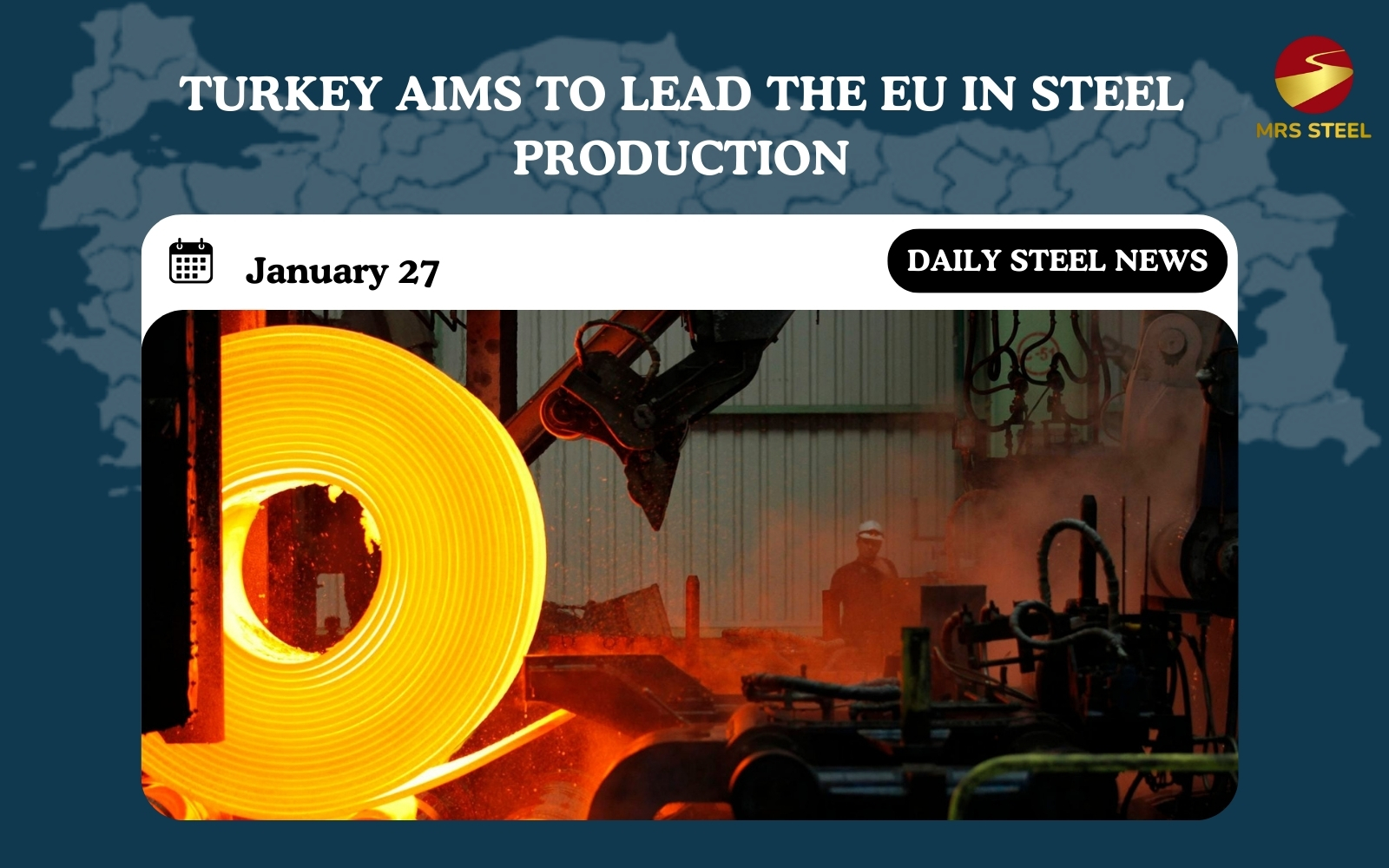
Steel NewsDate: 31-01-2024 by: Nhu Quynh
Turkey is planning an expansion to enhance its steel production capacity, aiming to lead Europe in the coming years.
Turkey holds a prominent position in the global steel production and export market. The country's steel industry has gained recognition for manufacturing high-quality steel products and making continuous efforts to expand its capacity while incorporating advanced technologies into production. With its strategic geographical location, including an extensive Mediterranean coastline, Turkey currently produces and supplies steel primarily to the European market.
The steel industry in Turkey comprises privately owned companies that continually strive for technological advancements and competitiveness in the market. The iron and steel sector is the third-largest contributor to the Turkish economy, reflecting significant development in recent years. Presently, Turkey ranks among the top 10 largest steel production countries globally. According to the World Steel Association (WSA), Turkey was the 8th-largest producer of crude steel in the world in 2022, with 35.134 million metric tons of crude steel. However, in 2023, due to the impact of an earthquake, one-third of Turkey's steel production plants had to temporarily halt steel production activities.

It is known that in the last 5 years, Turkey has averaged exporting around 20 million tons of steel annually worldwide. In 2021, according to data from the World Steel Association (WSA), Turkey’s steel industry exported 22.1 million tons of steel, ranking as the 7th largest steel exporter globally. In 2022, according to the Turkish Steel Exporters' Association (CIB), Turkey's steel exports decreased to 19.6 million tons. While Turkey's steel exports increased in the first six months of 2022, they sharply declined in the second half of the year. According to the CIB, the total volume of Turkey's steel exports decreased by about 50% in the fourth quarter of 2022 compared to the same period in 2021. The main reasons for this decline are primarily attributed to the impact of the Ukraine conflict, inflation, high energy prices, and a global decrease in steel consumption. Particularly, the demand for steel imports from Europe has significantly reduced, while the EU has accounted for approximately 30% of Turkey's steel industry total steel export volume in the past 5 years.
Therefore, recently, Turkey has set the goal of becoming the leading country in steel production within the EU in the near future. Alongside efforts to achieve the set objectives, the Director-General of the European Steel Association (EUROFER) emphasizes the challenges that the Turkish steel industry must confront, especially in the face of an energy crisis, high production costs, and inflation, which have added difficulties to steel manufacturing. Furthermore, the transition to carbon reduction processes is underway, and accessing non-fossil fuel energy at affordable prices is crucial for the Turkish steel industry to maintain global competitiveness.

The President of the Union of Chambers and Commodity Exchanges of Turkey (TOBB) stated that the application of protective measures for steel products could allow the full utilization of domestic capacity, enhance export opportunities and contribute to reducing the steel industry's deficit. Additionally, it is seen as an opportunity to generate added value and provide additional employment within the country. Moreover, there is hope that Turkey's steel industry will regain its position as the largest steel producer in the Middle East, with strategic steps planned for 2024 and even stronger growth expected in 2025. Alongside these aspirations, Turkey's long-term goal is to catch up with South Korea and become the world's 6th-largest steel-producing country.

